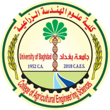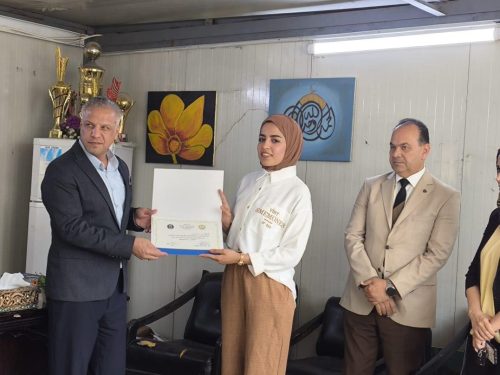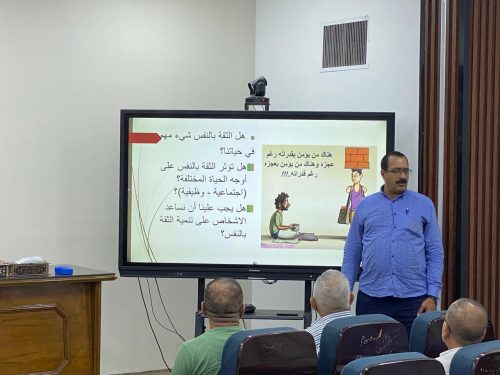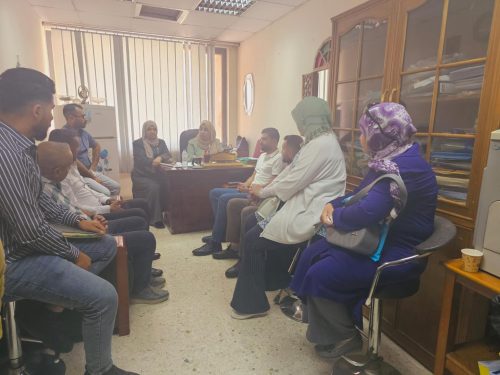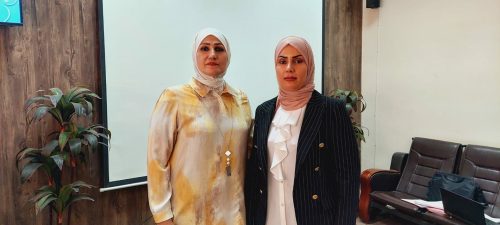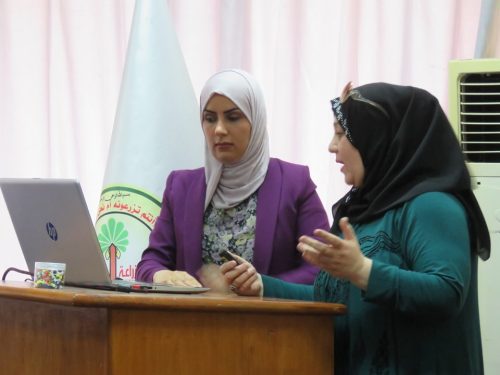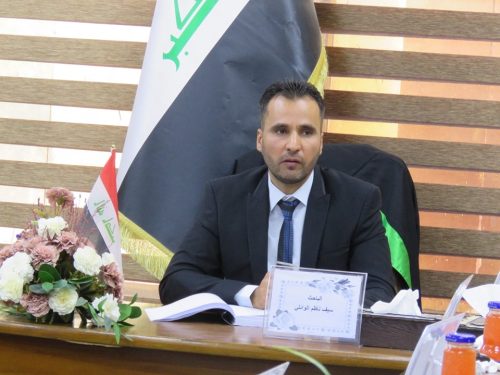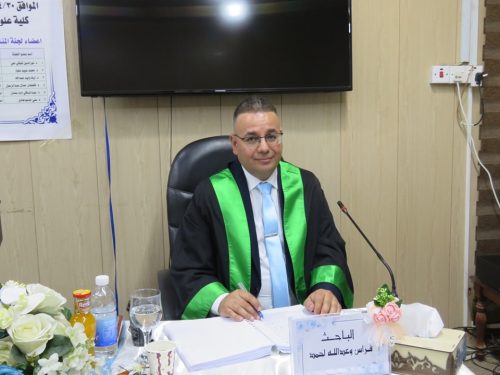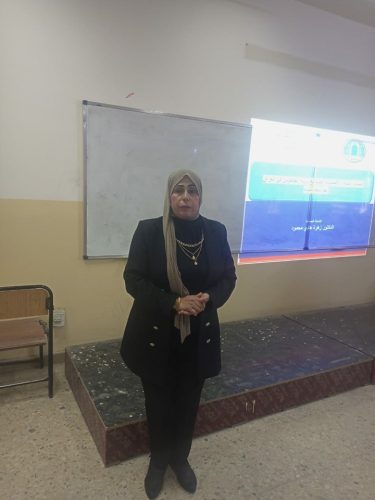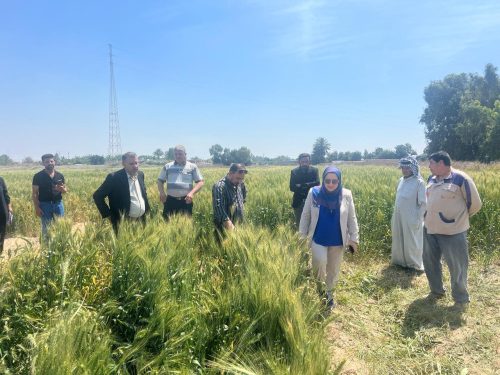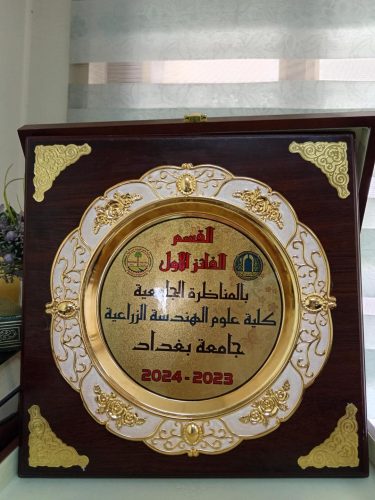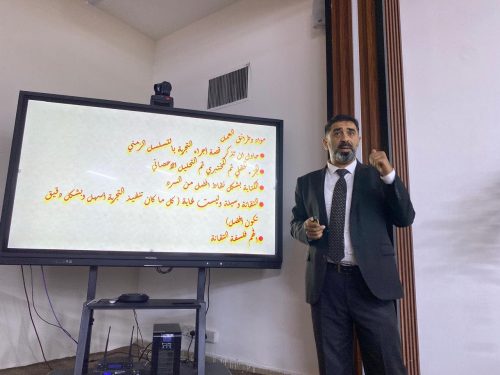In pursuit of the sustainable development goals related to quality education, responsible consumption and production, and as part of efforts to conserve water resources and enhance food security, the College of Agricultural Engineering Sciences at the University of Baghdad conducted a scientific study on ‘Enhancing Agricultural Production and Regulating Water Consumption to Achieve Sustainable Development Goals.’
This study aims to regulate water consumption and improve the production capacity of the faba bean crop. It comes in the context of addressing the challenges of global warming and environmental changes that negatively affect agricultural crop productivity.
The study relied on the application of smart farming programs to calculate water consumption using tools from the Food and Agriculture Organization of the United Nations, such as CROPWAT and CLIMWAT, to determine optimal planting times under rapid climate changes.
The study also focused on the role of silicon and its accompanying ions, such as sodium and potassium, in enhancing plant resistance to water and environmental stress. This contributes to improving the turgor pressure of plant cells and reducing the impact of drought.
This experiment is the first of its kind in Iraq to produce seeds of approved and registered faba bean varieties. It opens new research horizons toward sustainable agricultural production and the development of agricultural strategies that align with water consumption needs, thereby enhancing the efficiency of fruit and seed production and serving the sustainable development goals in the country.
We wish everyone success in serving our esteemed college.
